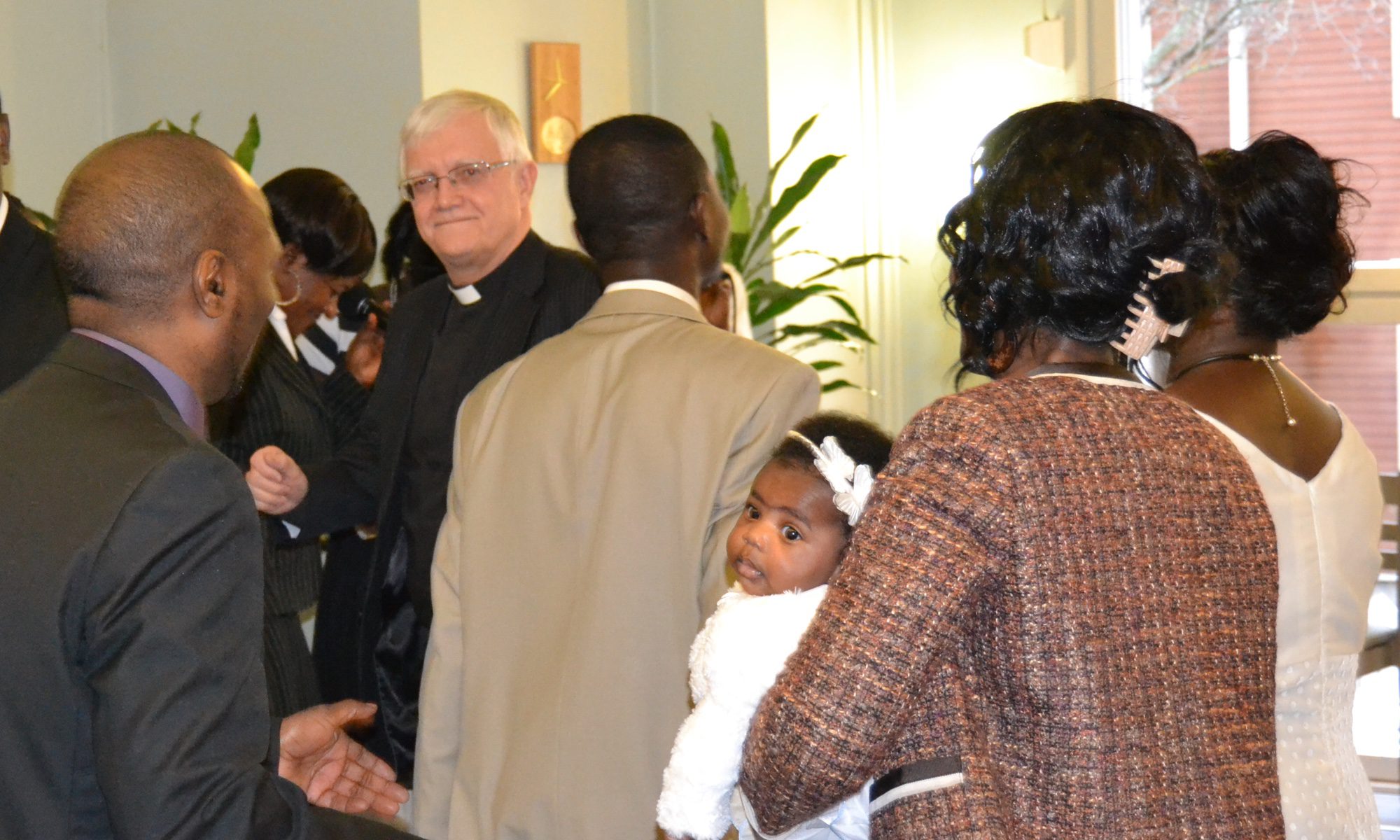Introduction
This Newsletter is a continuation of the series on “The Heavenly Citizenship”. In this edition, the position of believers as ambassadors of the kingdom of God on earth is discussed. Here, an ambassador is a person sent from one sovereign state to another; and s/he represents the person of the sovereign by whom s/he is deputed.
Christ Jesus as an Ambassador
Jesus often indicated that He was sent from Heaven by God. Jesus was an ambassador because He represented God while on earth. This is evidenced in the scriptures below:
“For I have not spoken of myself; but the Father which sent me, he gave me a commandment, what I should say, and what I should speak. And I know that his commandment is life everlasting: whatsoever I speak therefore, even as the Father said unto me, so I speak (Joh 12:49-50).
As could be read from above, Jesus was sent from a sovereign Kingdom to the earth. He did not send Himself but was sent by the king of kings to reveal His will to mankind. He came into the earth with a divine mandate: He had a commandment, what He ought to say, for He spoke only those words that His King and Father commanded Him to speak. He did not say His own words. This is the essence of a trusted ambassador, for s/he does not seek his/her own interest but that of the one who sent him/her.
Believers as Ambassadors of Christ
When the Messiah finished His ambassadorial assignment, He departed to His Father. This means that an ambassador does not have a permanent portfolio in the country where s/he functions. S/he is called back when their term of office expires. The expiration of the term of office of an ambassador is not an indication that the work should be stalled. Another has to continue to represent his/her role. This was why believers have been chosen as ambassadors to continue the work of Jesus Christ on earth. it is read that:
“And all things are of God, who hath reconciled us to himself by Jesus Christ, and hath given to us the ministry of reconciliation; To wit, that God was in Christ, reconciling the world unto himself, not imputing their trespasses unto them; and hath committed unto us the word of reconciliation. Now then we are ambassadors for Christ, as though God did beseech you by us: we pray you in Christ’s stead, be ye reconciled to God (2Co 5:18-20).
Similarly, Paul writes that he has been made an ambassador of Christ for the mystery of the gospel of Christ (Eph 6:18-20). All believers, but not only those in five-fold ministries, have been sent by God to represent Him in this decaying and sinful world. Believers have been sent as sheep in the midst of wolves (Mat 10:16). This makes the King of peace pray for them thus:
“I have given them thy word; and the world hath hated them, because they are not of the world, even as I am not of the world. I pray not that thou shouldest take them out of the world, but that thou shouldest keep them from the evil. They are not of the world, even as I am not of the world” (Joh 17:14-16). This attests to the fact that we are only on earth here temporarily as ambassadors of Christ, so we are not supposed to cleave to the pleasures of this life. This world is not our home. We shall be called back home when our mission is fulfilled.
it needs to be stated that you are only an ambassador and you are not supposed to be received by the world. You may be rejected by the people you have been sent to, but never lose hope, because the one who sent you is with you. Jesus says that if any receives you, they have received Him but if they reject you, they reject Him who sent you (Mat 10:40, Joh 13:20).
The Ambassadorial Message
It should be emphasized that Ambassadors do not represent their own interests and that they do not have their own messages. As already stated above, Jesus did not have His own message but that which He received from the One who sent Him. Paul´s message, as an ambassador, is all about the mystery of the Gospel of Christ Jesus. So, an ambassador of Christ must clearly articulate the message of the Kingdom of God. It is not that which the people are interested in hearing nor that which his/her sender has not commanded him/her to speak.
The message of an ambassador of Christ must include the following:
• Repentance; that people should repent because the kingdom of heaven is at hand (Matt 3:2)
• Reconciliation: that forgiveness and deliverance through faith in Christ are possible. “To wit, that God was in Christ, reconciling the world unto himself, not imputing their trespasses unto them..” (2Co 5:19).
• Preaching the kingdom of God and those things that concern Christ Jesus, our Lord (Acts 28:23,31)
o That unless a person is born again, s/he cannot enter the Kingdom of God (Joh 3:3-5).
o That the requirement for the kingdom is not meat and drink, but righteousness, peace, and joy in the Holy Spirit (Rom 14:17).
o That the unrighteous shall not inherit the Kingdom of God (1Co 6:9-10, Gal 5:21, Eph 5:5).
• Tribulation and suffering: that with much tribulation and suffering, we shall enter the kingdom of God (Acts 14:22). Believers are not exempted from suffering, but the Lord God is with them through their struggles.
• Heaven or hell: that, it is appointed unto man to die once and after that judgment (Dan 12:2, Heb 9:27).
Conclusion
Believers are the ambassadors of Christ so they should be circumspect and walk worthy of their calling. They should behave as God´s representatives on earth. Their messages and actions in this world should be those which are approved by the King of kings and the Lord of God, who is enthroned in Heaven.
Prayer: Lord God of glory, you have commissioned us to represent you in this world, we pray for your grace to help us remain committed to our calling. In the name of Jesus Christ of Nazareth. AMEN!

